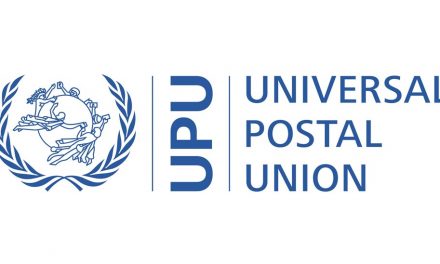
South African Post Office expects to report improved financial results
THE SA Post Office is expected to post significantly improved financial results in the coming weeks, with the estimated R850m loss of 2000-01 likely to be more than halved.
The Post Office’s new management team has focused closely this year on curbing postal crime, improving its delivery performance and reaching breakeven point as soon as possible.
The aim is to ensure that, when government’s three-year subsidy ends in about March 2005, the state-owned utility will be financially sustainable.
Government was forced last year to reverse its decision to halt postal subsidies after the utility made one of its biggest losses at a time when it was due to break even.
Post Office CEO Maanda Manyatshe said that, in the 2001-2 year, management had focused strongly on cost control. This involved cutting back on overtime and other expenses as well as cancelling a range of contracts that were costing the organisation money.
“We need to keep cutting costs and also to focus on growing mail volumes, which are still going down,” he said.
The cancellation of contracts was in line with management’s decision last year to call in the Scorpions police unit. This came after uncovering widespread financial irregularities and instances of corruption that were costing millions of rands each year.
Communications Minister Ivy Matsepe-Casaburri recently appointed forensic auditing firm Kroll Associates to look at financial irregularities.
The Post Office has been hit by a number of upheavals in the past year. First came news that the management contract with New Zealand’s Transend Worldwide had been cut short after it emerged that the Post Office would not break even in 2000-1 as promised.
More recently, it emerged that the entity had borrowed almost R1bn of depositors’ money from subsidiary Postbank to ease its crippling cash-flow problems. The bank is estimated to have just more than R1bn in its coffers.
The Scorpions are investigating widespread criminal activities involving employees and outsiders.
Manyatshe outlined a number of irregularities. There were contracts with nonexisting companies; contracts where the economic empowerment component was nonexistent; and contracts where employees got kickbacks.
Some contractors were charging the Post Office value-added tax and not paying this to the Receiver. There may also have been double payments.
A campaign against the theft of mail was moving ahead. This was aimed at winning back the confidence of those customers using other methods for their mail.
In terms of its bid to get customers back, the Post Office was increasing the number of its outlets in the form of traditional post offices and retail post offices and postal agencies.
Many conventional post offices and old postal agencies are uneconomical and not conveniently situated, even in previously under-serviced areas.
To improve service levels and create a cost-effective postal network, the Post Office is repositioning its infrastructure to satisfy the needs of all communities. This means certain conventional post office outlets are being closed, repositioned or amalgamated.
To improve service levels and create a cost-effective postal network, the Post Office is repositioning its infrastructure to satisfy the needs of all communities. This means certain conventional post office outlets are being closed, repositioned or amalgamated.












